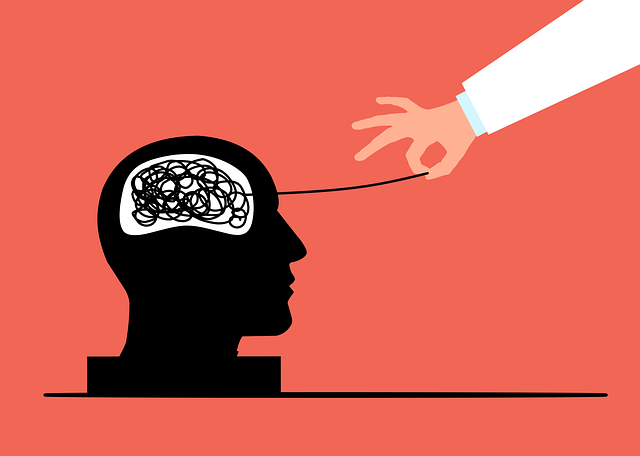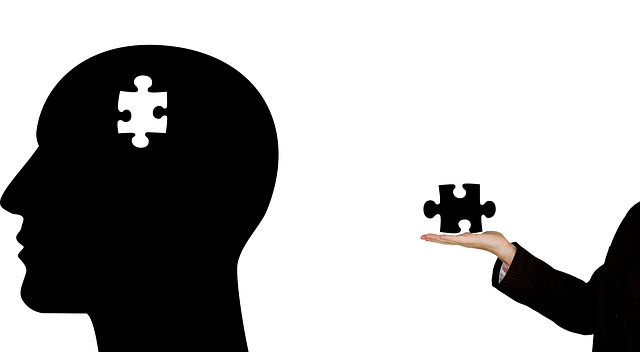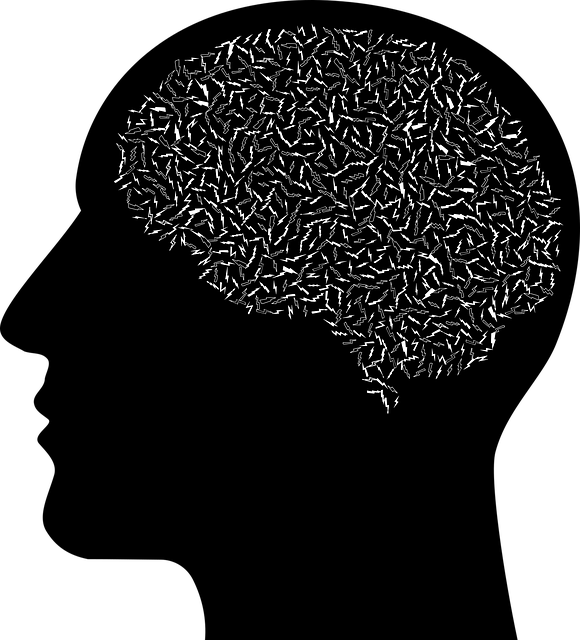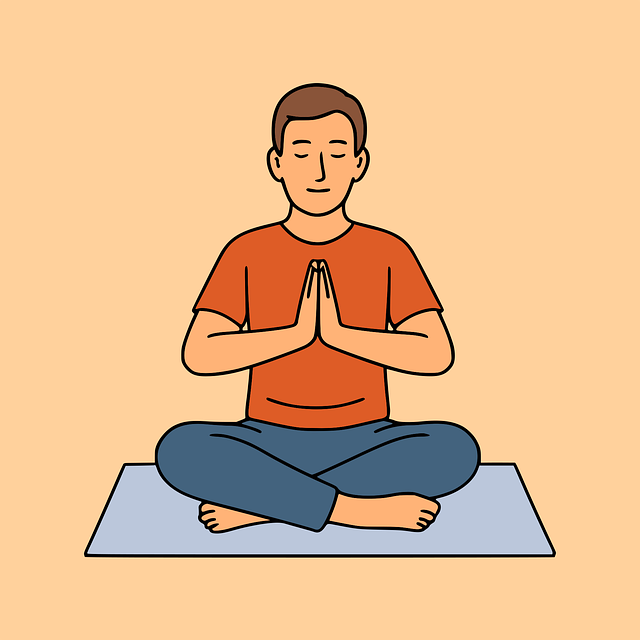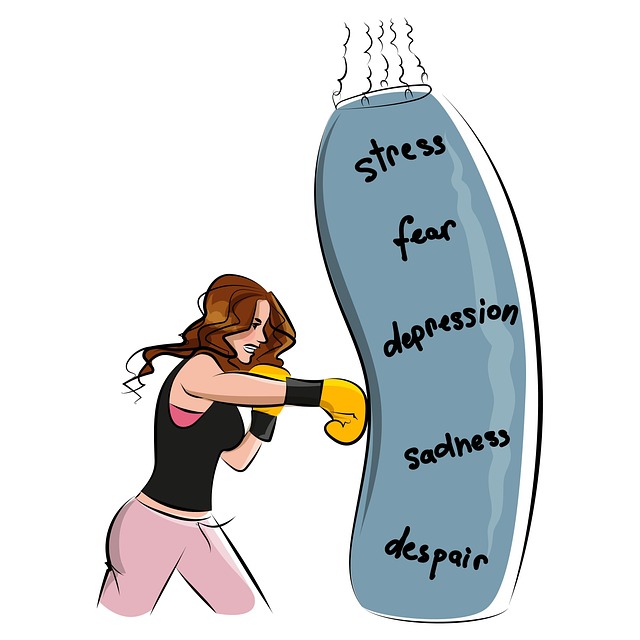Cultural competency is crucial for effective therapy of young adults with phobias and anxiety disorders. Specialized training equips healthcare providers with tools to address cultural issues, navigate conflicts, and implement community outreach, ensuring accessible support services. This holistic approach, integrating practical strategies like adapted communication and culturally relevant resources, promotes open communication, trust, and tailored self-care practices for diverse populations, ultimately improving therapy outcomes for young adults struggling with phobias.
Cultural competency training is a vital tool in healthcare, especially for addressing phobias among young adults. This article explores the significance of understanding cultural nuances in treating specific fears and anxieties. We delve into the benefits of cultural sensitivity training for therapists, examining its impact on positive therapy outcomes. Furthermore, practical strategies are presented to integrate cultural competence into young adult phobia treatment programs, emphasizing effective and tailored care in today’s diverse healthcare landscape. Discover how these approaches enhance support for this demographic.
- Understanding Cultural Competency in Healthcare for Young Adult Phobias
- The Impact of Cultural Sensitivity Training on Therapy Outcomes
- Practical Strategies for Integrating Cultural Competence into Young Adult Phobia Treatment Programs
Understanding Cultural Competency in Healthcare for Young Adult Phobias

Cultural competency in healthcare is an essential aspect when addressing phobias and anxiety disorders among young adults. This involves understanding and appreciating the diverse cultural backgrounds and beliefs that patients bring into the therapeutic setting. Many young adults struggling with phobias may have unique perspectives shaped by their communities, families, and personal experiences, which significantly impact their mental health.
Effective therapy for young adults with phobias requires healthcare providers to be trained in cultural competency. This enables them to create a safe and supportive environment, fostering open communication and trust. Through Healthcare Provider Cultural Competency Training, professionals learn conflict resolution techniques and are better equipped to navigate sensitive topics related to culture, race, ethnicity, gender identity, and other factors that might influence a patient’s experience of fear or anxiety. Such training also facilitates the implementation of Community Outreach Programs, ensuring that support services are accessible to diverse young adult populations.
The Impact of Cultural Sensitivity Training on Therapy Outcomes

Cultural sensitivity training plays a pivotal role in enhancing therapy outcomes for young adults struggling with phobias and other mental health concerns. By equipping healthcare providers with the skills to navigate diverse cultural backgrounds, these programs foster more effective communication and trust between therapist and client. This is particularly crucial when addressing anxiety-related disorders, as cultural nuances can significantly impact the presentation and expression of fear.
Social skills training, a component often integrated into cultural sensitivity in mental healthcare practice, helps therapists tailor their approach to minimize potential barriers. For instance, understanding cultural expectations around emotional expression can influence the way clients disclose information about their phobias. Additionally, stress reduction methods, which are another key aspect of these programs, enable young adults to manage anxiety symptoms more effectively during therapy sessions and beyond, ultimately leading to improved therapeutic outcomes.
Practical Strategies for Integrating Cultural Competence into Young Adult Phobia Treatment Programs

Integrating cultural competence into young adult phobia treatment programs requires a multi-faceted approach that goes beyond surface-level awareness. Trainers should emphasize practical strategies like adapting communication styles to align with diverse cultural norms, incorporating culturally relevant resources and activities, and encouraging active participation from all backgrounds. This involves learning about the specific cultures represented in treatment groups, understanding potential barriers to care, and fostering an inclusive environment that values diversity.
Mental wellness coaching programs can play a pivotal role in depression prevention among young adults by teaching self-care practices tailored to different cultural contexts. By incorporating these strategies, therapists not only enhance their ability to connect with clients from various backgrounds but also empower them with tools for managing phobias and promoting overall mental wellness. Such an approach ensures that therapy for young adults with phobias is both culturally sensitive and effective, ultimately leading to better outcomes and improved access to quality care.
Cultural competency training is a game-changer in healthcare, especially for treating young adults with phobias. By enhancing cultural sensitivity, therapy outcomes significantly improve, fostering better patient care and outcomes in diverse populations. Integrating practical strategies into treatment programs can revolutionize how we address phobias, ensuring that every young adult receives effective, culturally competent care. In light of the above, it’s crucial to continue exploring and implementing these approaches to optimize Therapy for Young Adults Phobias.
